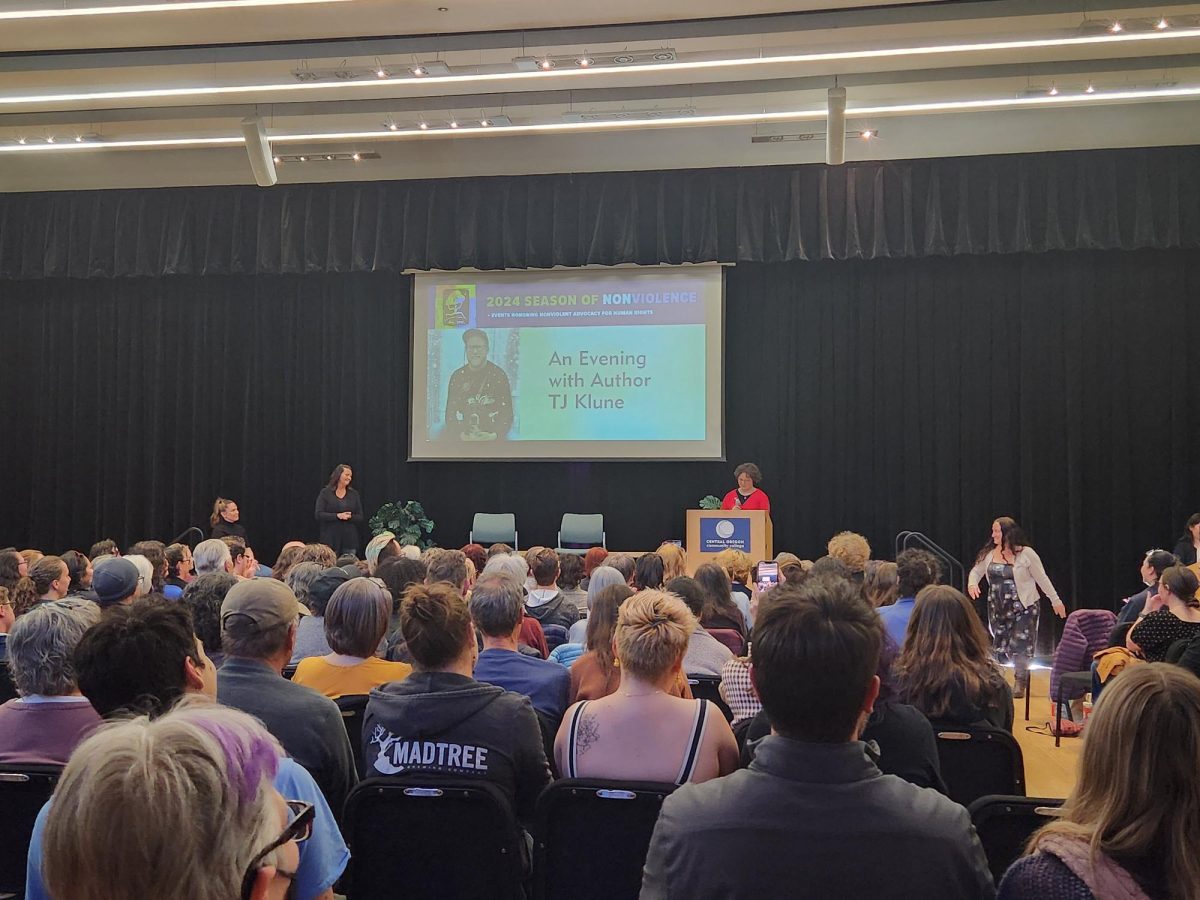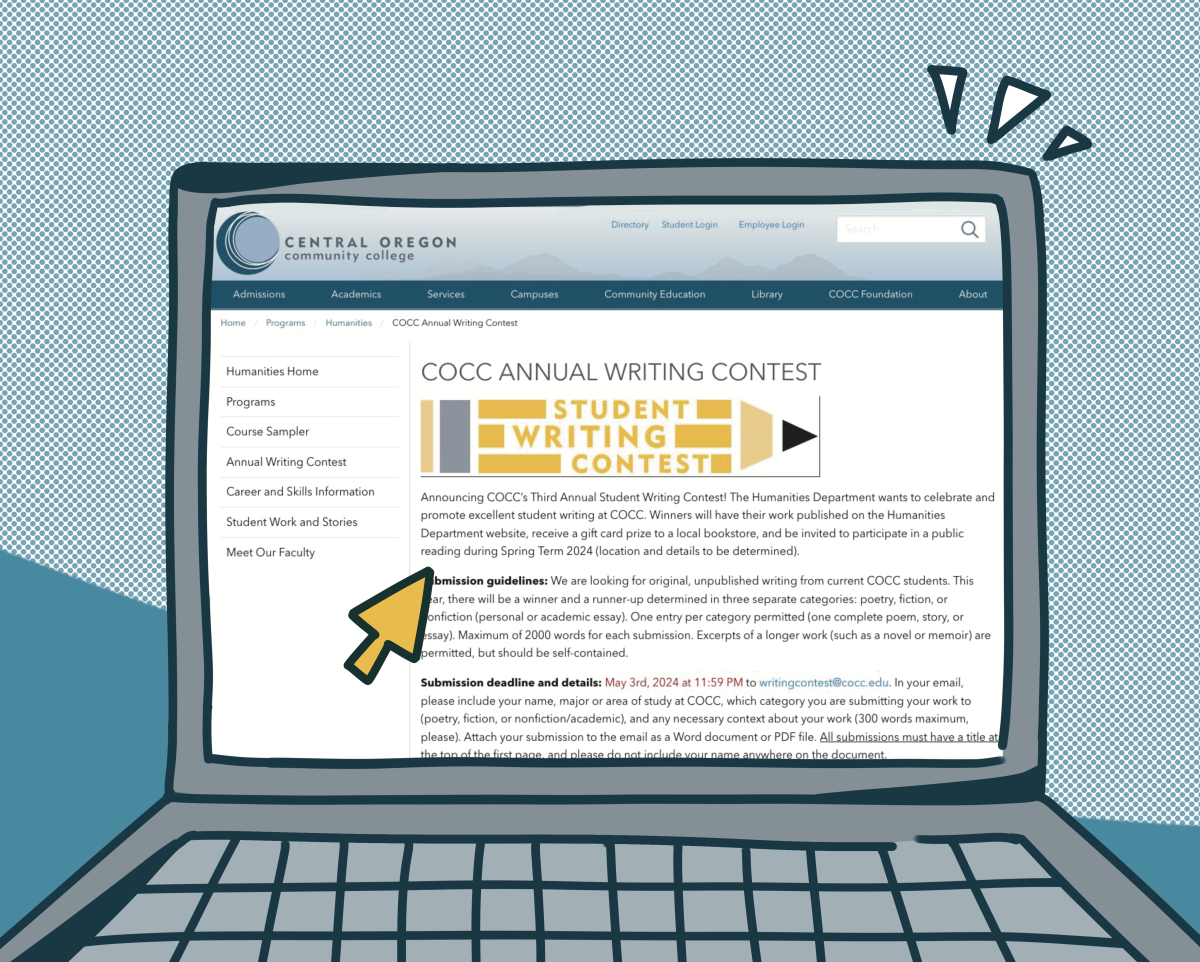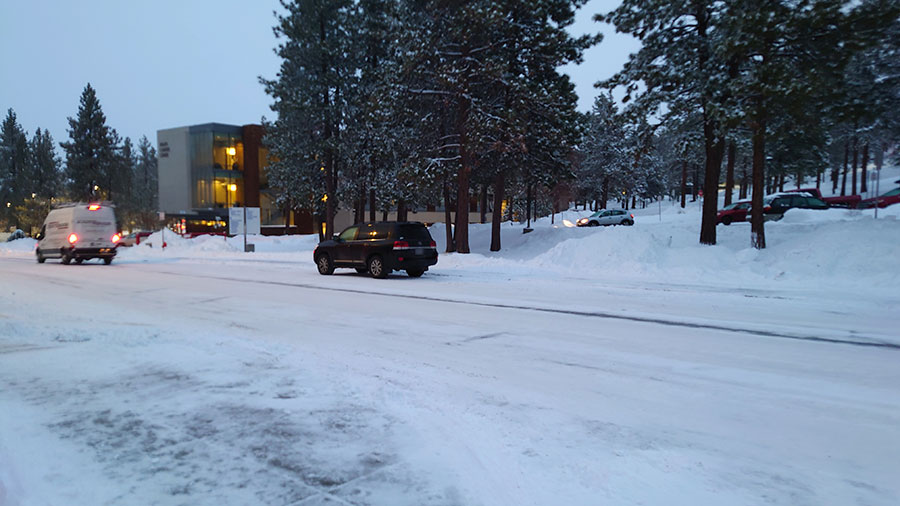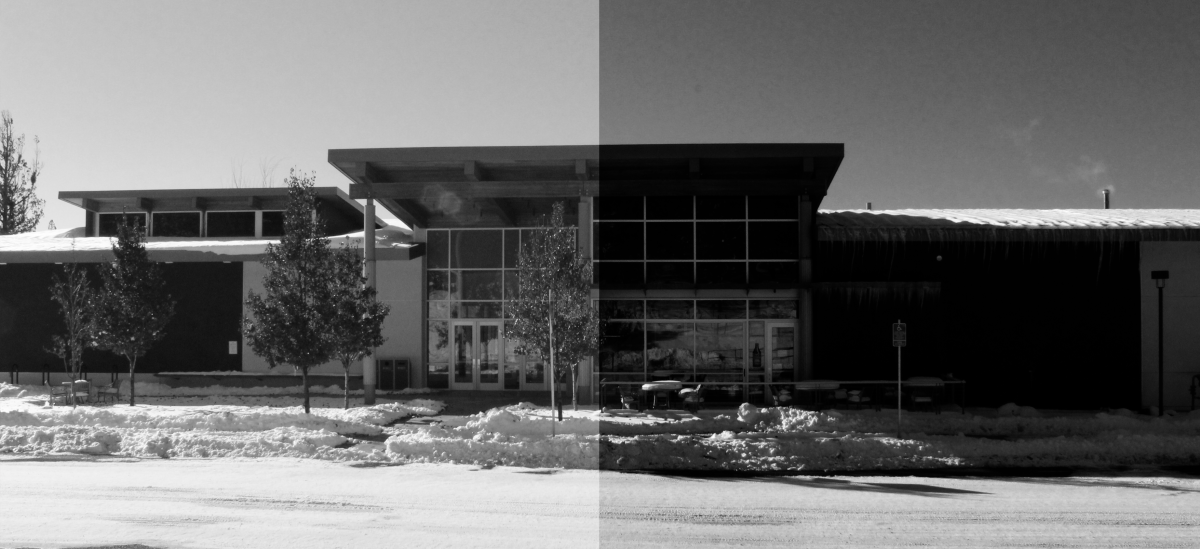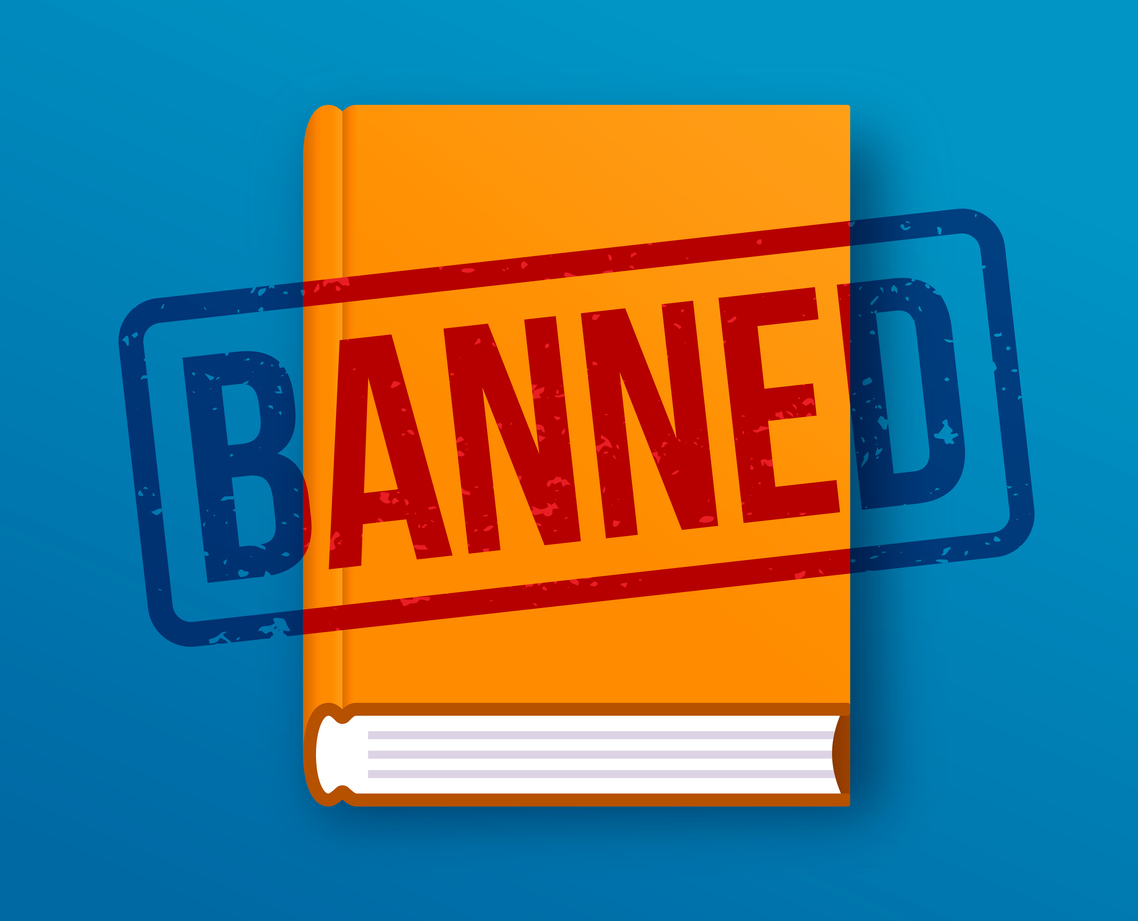Pros:
- increased enrollment
- less debt
- opportunity for all
- combats income inequality
Cons:
- burden on taxpayers
- watered down classes
- further devaluing of teachers
- extension of a failing school system
Oregon is the second state to introduce a tuition waiver program. The bill is complex, and is “not really making community college free,” according to Matthew Novak, professor of psychology at Central Oregon Community College.
In order to qualify, you must begin attending community college six months after graduating from high school, and maintain a 2.5 GPA. Since the program doesn’t begin until June of 2016, no students currently enrolled at COCC, with the exception of high school students, currently enrolled in classes, will qualify. It is estimated that 4,000–6,000 students will qualify for the program next year. According to data from the Office of Community Colleges and Workforce Development, that is approximately 3.5 percent of all community college students.
While this will only affect a small subset of the population, it raises the question, is free college the best choice when it comes to higher education.
Novak worries about the unintended effects that free college will have on the value of education. Movements such as Open Educational Resources (OER) movement, already put the value of education at risk, according to Novak. OER seeks to make educational resources available at no cost to the user. The information in the books is intellectual property and when you make books free, you are devaluing that product, according to Novak
With a strong movement toward massive online classes and prepackaged classes, Novak believes that teaching is already being devalued. And while this is not the intended effect, Novak worries that a free college system will further devalue education.
“We already don’t value education in our culture enough to actually pay the people who do the teaching a liveable wage,” Novak said.
If community college becomes free, students may choose the free route to the detriment of the paid alternative, according to Jon Wolf, professor of Economics at COCC. Who’s going to go to the paid college when you can receive an education for free? Wofl worries that price will drive the choice on which school to attend, even if that decision isn’t necessarily a rational one.
Free college will water down the quality of students in classes, according to Wolf.
“The best part of community college at the moment is that students want to pay to be here,” said Wolf. If community college becomes free, you are taking class space away from students who would otherwise pay for the same service.
Additionally, with a free college system, there aren’t as many consequences for failing classes, and there are less incentives to do well, according to Wolf. Students who are apathetic towards school only degrade the value of the class for everyone else.
Wolf also worries that free college will simply become an extension of a failing program. The state of Oregon does a poor job with education as it is, and has some of the worst graduation rates in the nation, according to Wolf.
“Who’s to say it’s not going to become an equally entrenched bureaucratic system which is just as likely to fail?” said Wolf.
Something does need to be done regarding the american college system though, according to Thomas Barry
It is difficult for working-class people to go to school, and a higher education has become increasingly less accessible, according to Tom Barry, professor of sociology at COCC.
The cost of education has gone up significantly, yet wages have remained stagnant for the bottom 80 percent, according to Barry.
“We can’t do this anymore, it’s unreasonable,” said Barry.
The loan process has failed us miserably, according to Wolf. Today, the average student debt in the state of Oregon is approximately $26,000 according to the Institute for College Access and Success.
“I’m not sure this (free college) is the best solution, it’s an attempt to deal with the problem,” Barry said.
“It’s opportunity that is the important thing, we need to make education available to everyone,” said Wolf.
While enrollment would be expected to increase 25%, as it did in Tennessee when they made community college free, there are more things to consider than just enrollment numbers. The question of free college isn’t as simple as it might seem, according to Novak.
“The issue of trying to make college free needs to be a broadly based conversation that’s considering all the potential ramifications,” said Novak.
Tim Cachelin | The Broadside
(Contact: [email protected])


